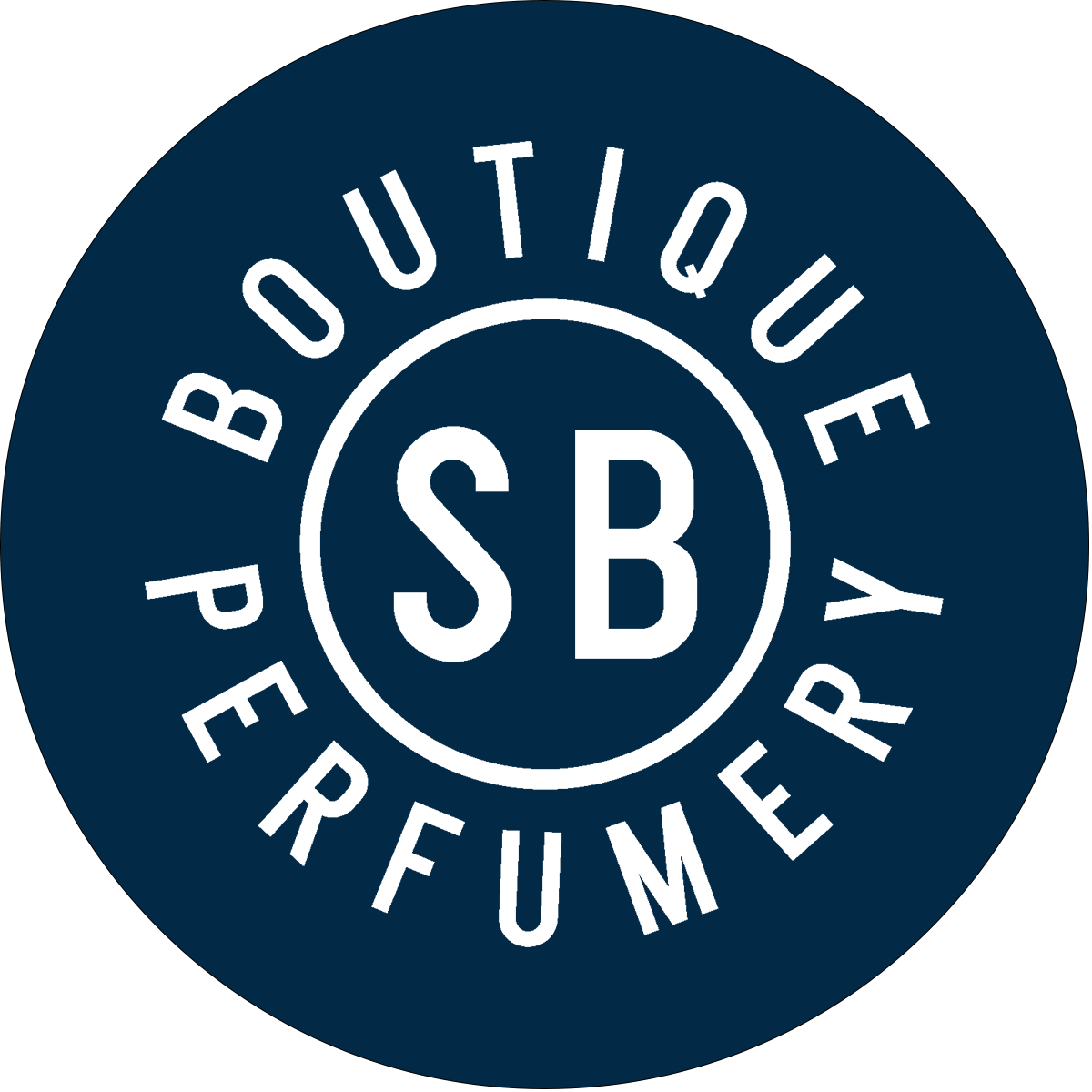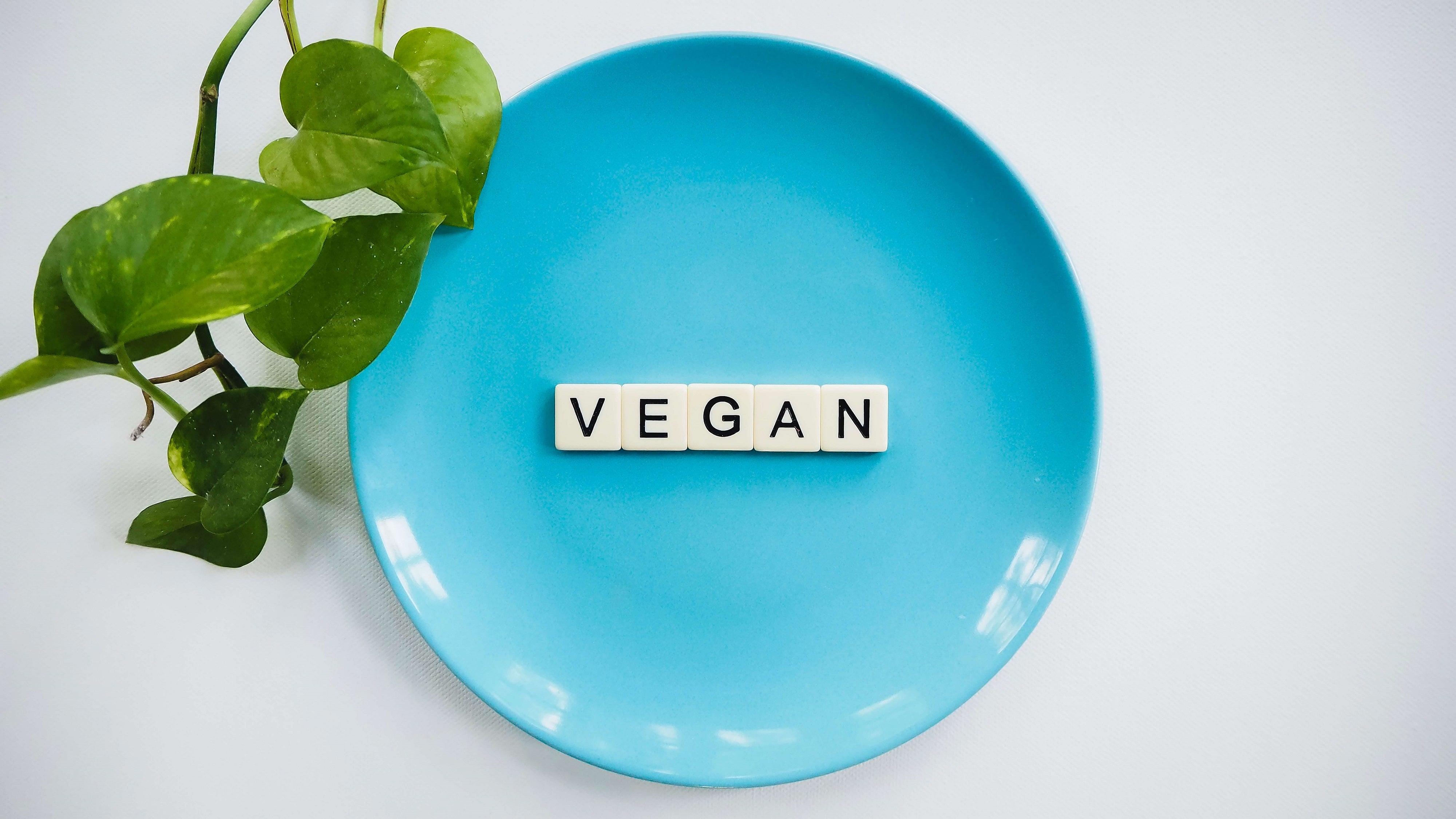If you haven't heard of Veganuary then you clearly don't have any social media! Veganuary is a month long challenge where you simply challenge yourself to eat vegan for the month. For lots of people after the month is over this then becomes more of a lifestyle change, whether this is by staying completely vegan or by changing one meal a week to be meat/dairy free.
According to The Vegan Society, ten years ago, there were 150,000 vegans in the UK. Today, that number has risen by 360% and there are over 1,000,000 participants since 2014, with 42% of vegans aged 15-34. There are also now more than 1200 new vegan products and menus that were launched for Veganuary 2020.
The meat-free market is growing incredibly, with most supermarkets now offering animal-free options, and more stocking solely vegan food. Zizzi recently introduced a mozzarella alternative for pizzas, while Pret’s menu options span from avocado and chickpea wraps to vegetable tagine soup. So what’s driving the trend? “Originally, it was animal welfare and environmental concerns,” says nutritional therapist Alison Cullen. “Lately, though, it’s the health benefits that are causing more people to make the switch." Short-term campaigns such as #meatfreemondays and #veganuary are gaining thousands of participants who are then posting it across social media and gaining more and more interest.
 Photo by Taryn Elliott from Pexels
Photo by Taryn Elliott from Pexels
So what does being vegan mean?
Being vegan means not eating or using animal products. No meat, poultry, fish, dairy, eggs, honey or other bee products. Many vegans also don’t wear leather, wool, silk or any products that contain animal-derived ingredients or are tested on animals. Even certain beers or wines are off limits because of fish scales used in production. One of the biggest misconceptions is that vegans can’t eat processed foods, gluten or sugar, says nutritionist Ian Marber. “Some choose not to – but that’s nothing to do with the ethos of veganism.”
Veganism can also translate through to the beauty products you use. For example all of our fragrances at Shay and Blue are vegan but some companies will use animal secretions within their products, most of which you would not know about! These products can include:
- Civet: the anal secretions from a cat-like animal native to Asia and Africa
- Ambergris: sperm whale secretions
- Musk: animal anal secretions
- Honey: bee secretions
- Milk: animal mammary secretions, composed of pus, fat, and proteins
- Castoreum: beaver anal secretions
- Artificial Vanilla: also called Castoreum (see above)
- Hyraceum: fossilized badger urine
Are there risks to going vegan?
It is possible to get much of the vitamins and minerals we need from plant-based foods. “Nuts and seeds are packed with selenium and omega-3 fats, while beans, pulses and tofu are great sources of protein and zinc,” says Dr Phillips. “For iron, look to green leafy vegetables, dried fruits and wholegrains.” B12 is the most common vitamin that is missed from your diet by being vegan, however, simply taking a supplement can help to keep this on track.
Is veganism healthier?
Well, studies do show vegans have low blood pressure and cholesterol, are less likely to be obese, and at less risk of dying from cancer and heart disease. Overall, consuming fewer rich, hard-to-process foods, like meat, is easier on our digestive system. “A plant-based diet nourishes your gut, and a healthy gut means greater immunity against illness, fewer inflammatory skin conditions, such as acne, eczema and psoriasis, and more energy,” says Cullen.
 Photo by Grooveland Designs from Pexels
Photo by Grooveland Designs from Pexels
According to member coach nurse Jacqui Smith from Bupa UK says "A vegan diet can be really healthy, providing you plan your meals so they’re balanced and include all the vitamins and minerals you need – taking supplements, if necessary. As vegan diets tend to be full of fruits and vegetables, this lends itself nicely to easily achieving your five-a-day." However, it's not all plain sailing, and you will need to think about it. Smith rightly notes that "some nutrients are more difficult to get from vegan foods, compared to the volume of nutrients you’d get from some animal products." As well as this, she flagged that plenty of our favourite indulgent items, i.e. chips, biscuits and alcohol, can be vegan but not nutritionally balanced or healthy.
In terms of beauty, vegan products simply mean you're less likely to be putting animal secreation all over you and not knowing about it.
How do I start to go vegan?
Simply, do some research! Find vegan reciped you are interested in trying, pick up some meat and dairy alternatives when you do the food shop. There are so many simple swaps that you can make easily and wouldnt notice the difference.
Following vegan influencers is also a great way to start, seeing the kinds of meals they have and products they use can help to give you the motivation you need. Acoounts such as @weareveganuary on instagram also post news such as companies that are trialling vegan products, grabbing one of them for lunch instead of your typical BLT is a great first step.
Signing up on the veganuary website or just visiting the page will help to motivate you even more, from recipes to nutrition tips they have it all on there. Most importantly to stay on track is to stay organised! Knowing what you have in your fridge, batch cooking and having recipes easily to hand will help you immensely and will stop you from popping that meat feast pizza into the oven.
Take it slow and try as much as you feel comfortable doing. If you slip up one day thats okay just try again the following day to stay on track!
Like this article? Sign up to our newsletter to get more delivered straight to your inbox
_____________
References:
https://cookveggielicious.com/veganuary-tips-and-tricks
https://purefreefrom.co.uk/blog/5-top-tips-for-your-first-veganuary/
https://www.glamourmagazine.co.uk/article/your-guide-to-going-vegan
https://www.pexels.com/@veganliftz
 Welcome to...
Welcome to... Austria
Austria
 Belgium
Belgium



Share:
The Growth Of Vegan Beauty
In our archives - Dom De Vetta on Starting Shay & Blue